In a written statement in Rajya Sabha, MoS Science & Tech Dr. Jitendra Singh announced on Thursday that by the third quarter of 2021-22, the Indian Space Research Organisation (ISRO) will launch EOS-3, a geo-imaging satellite, capable of near-real-time monitoring of natural disasters like floods and cyclones.
About the EOS-3 satellite:
The EOS-3 satellite is efficient in imaging the country four to five times a day. Apart from scanning for natural disasters, the satellite will also be able to monitor the level and condition of water bodies, crops, agricultural conditions, and forest cover changes among others.
Dr. Jitendra Singh also informed that the first developmental flight of the Small Satellite Launch Vehicle (SSLV) is scheduled to be launched in the fourth quarter of 2021, from the Satish Dhawan Space Centre, Sriharikota.
ISRO has enabled SSLV to be developed as a cost-effective, three-stage, all-solid launch vehicle with a payload capability of 500 kg to 500 km planar orbit or 300 kg to Sun-Synchronous Polar Orbit. It is ideal for the on-demand, quick turn-around launch of small satellites. The major technologies associated with SSLV are flexible nozzle control with electro-mechanical actuators for all stages, miniaturized avionics, and a velocity-trimming module in the upper stage for precise satellite injection, the minister informed.
Space Activities Bill:
Dr. Jitendra Singh said in reply to another question, that the Space Activities Bill, which relates to the regulation & promotion of private players in the space sector, is under active consideration by the government, which is in the process of creating an ecosystem to encourage more private participation in indigenous production of space technologies, services, and devices.
Monitoring of private space activities in India:
In June 2020, the Centre had announced space sector reforms and created the Indian National Space Promotion & Authorization Centre (IN-SPACe) as an independent nodal agency under the Department of Space with the mandate of promoting, handholding, licensing, authorizing, and monitoring private space activities in India.
Access to Department of Space (DOS) facilities and expertise is extended to private entities to support their space activities. Announcement of opportunities was done offering challenges in new domains of space technology.
How it’ll benefit?
A country subjected to plenty of natural disasters, more so in the recent years, as part of global events caused as a result of climate change, the technology is sure to come as a big boon for India.
It can also cut down the loss of lives and property caused as an aftermath of natural disasters.

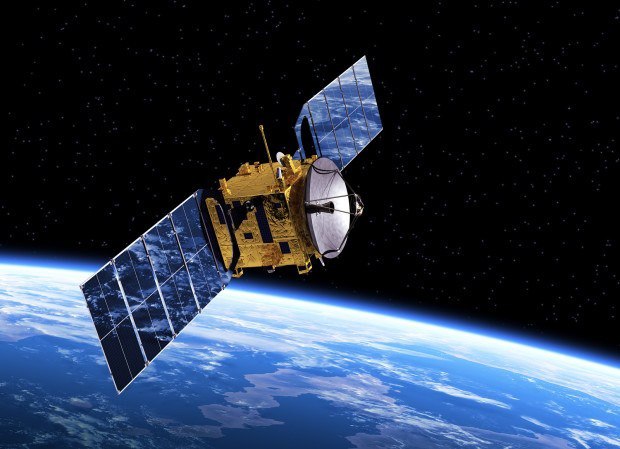




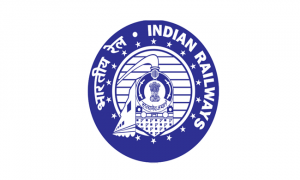

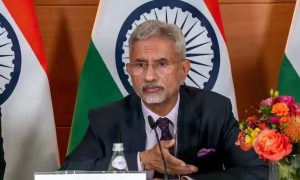



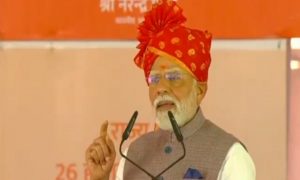





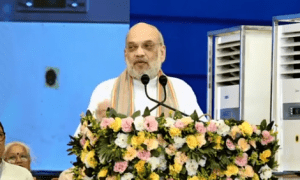

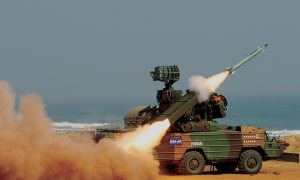

 WhatsApp us
WhatsApp us